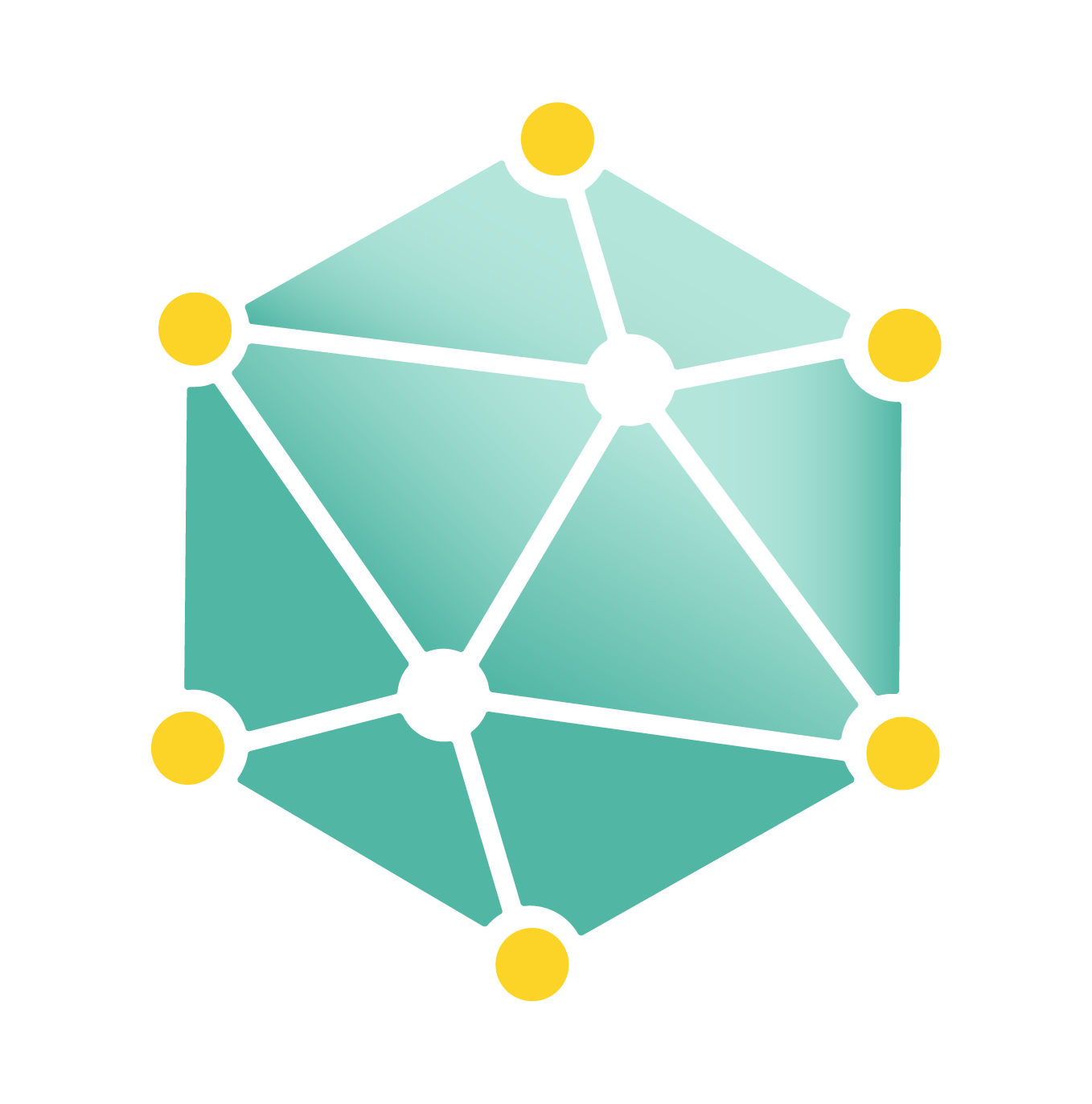
If you’ve ever searched for tech jobs online or talked to someone in the IT world, you’ve probably come across the terms software developers and web developers more times than you can count. They sound similar, right? Both write code, both build digital things, and both can magically fix bugs that seem impossible to understand.
But here’s the thing — even though these roles may overlap in some ways, software developers and web developers are not the same.
Let’s walk through what makes these roles different, where they sometimes connect, and how to choose the right path if you’re considering a career in tech.
1. Software Developers: The Builders of All Things Digital
Let’s start with software developers—the all-rounders of the digital world.
A software developer creates applications, systems, tools, and programs that work on various platforms — from desktop computers and mobile phones to embedded devices and cloud servers. These professionals often work on complex software solutions like accounting systems, video games, mobile apps, or even operating systems.
They use languages like Java, C++, Python, Swift, and C#, depending on what they’re building. A software developer may write code for a smart TV app today and for an enterprise inventory system tomorrow. It’s a role with a wide scope, and it’s ideal if you like variety, solving deep technical problems, and building systems that do more than just look pretty.
🔹 In short: If it runs on a computer or device (and isn’t just a website), there’s a good chance a software developer built it.
2. Web Developers: Masters of the Internet Experience
Now let’s talk about web developers. As the name suggests, these are the folks who build everything you see and interact with on the internet — websites, web apps, online stores, blogs, dashboards, and more.
Web developers focus specifically on browser-based applications, and they work with technologies like HTML, CSS, JavaScript, and frameworks like React, Vue, or Angular. Some web developers focus on frontend development (what users see and click), while others work in backend development (server-side logic and databases), and many do both — these are known as full-stack developers.
Web developers ensure that the design looks good on your screen, buttons are clickable, and everything loads smoothly on mobile and desktop.
🔹 In short: If it runs in a web browser, a web developer likely made it happen.
3. The Key Differences (Side by Side)
Let’s break it down further with a simple side-by-side comparison of software developers vs. web developers:
| Feature | Software Developers | Web Developers |
|---|---|---|
| Scope | Broad (Desktop, Mobile, Embedded, Systems) | Focused on Web Applications and Websites |
| Languages | Java, Python, C++, C#, Swift | HTML, CSS, JavaScript, PHP, Python |
| Platforms | Desktop, Mobile, Embedded Devices | Browsers, Web Servers |
| Tools | IDEs, Version Control, APIs, SDKs | Web Frameworks, CMS, Code Editors |
| Output | Software Applications, Systems, APIs | Websites, Web Apps, Portals |
| Design Focus | Functionality & Logic | Visual Layout & User Interaction |
Both roles require logic, problem-solving, and creativity — but they apply these skills in different environments.
4. Can a Software Developer Be a Web Developer?
Yes — and often, they are! Many software developers specialize in web development, especially as modern web apps become more powerful and complex.
However, not all web developers transition into broader software development roles, because the tools and languages can be quite different. That said, if you’re a web developer looking to expand your skills, learning traditional programming languages and systems is a great step forward.
So yes, you can wear both hats — but each role has its unique responsibilities and learning paths.
5. Choosing the Right Path: Which One’s for You?
If you’re just starting out and trying to decide between becoming a software developer or a web developer, think about what kind of work excites you more.
💻 Do you want to build applications for desktop, mobile, or enterprise systems? Then software development might be your path.
🌐 Do you love crafting user interfaces, designing web pages, or building apps that live in the browser? Web development could be your perfect fit.
Also consider your long-term goals. Software developers often work in sectors like finance, healthcare, AI, and gaming. Web developers are in high demand in digital marketing, e-commerce, media, and startups.
There’s no wrong choice — both paths are exciting, rewarding, and full of growth potential. The best part? You can always learn both and switch paths as your interests evolve.
6. Where the Lines Blur (And That’s Okay)
In today’s tech world, roles are becoming more flexible. You’ll often see job titles like “Software Engineer – Web Applications” or “Full Stack Software Developer”, which combine both skill sets.
That’s because modern applications often require software developers to build robust backend systems while also collaborating with web developers who design the user interface. Teamwork is essential, and cross-skilling is becoming more common than ever.
So, don’t worry if you feel torn between the two — you’ll likely work alongside both roles, or even wear both hats in your career.
7. Final Thoughts: Different Roles, Same Goal
So, what’s the real difference between software developers and web developers? It’s all about the platform, tools, and scope of work.
- Software developers build complex systems and applications across devices and platforms.
- Web developers focus on browser-based experiences that are visually engaging and user-friendly.
Both are essential to our digital world, and both bring unique strengths to the table. Whether you choose to become a software developer or a web developer, you’ll be stepping into a field filled with opportunity, challenge, and creativity.
And remember — at the heart of both roles is the same mission: solve problems, build solutions, and make technology better for people.
💡 Still deciding which path to take? Think about what excites you most, and start building from there.



